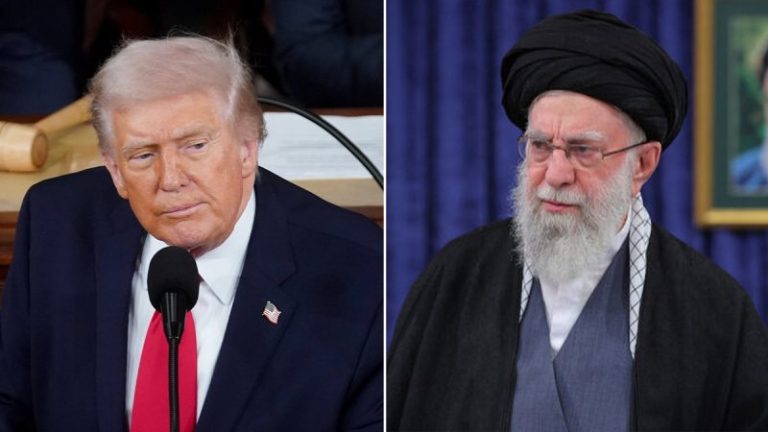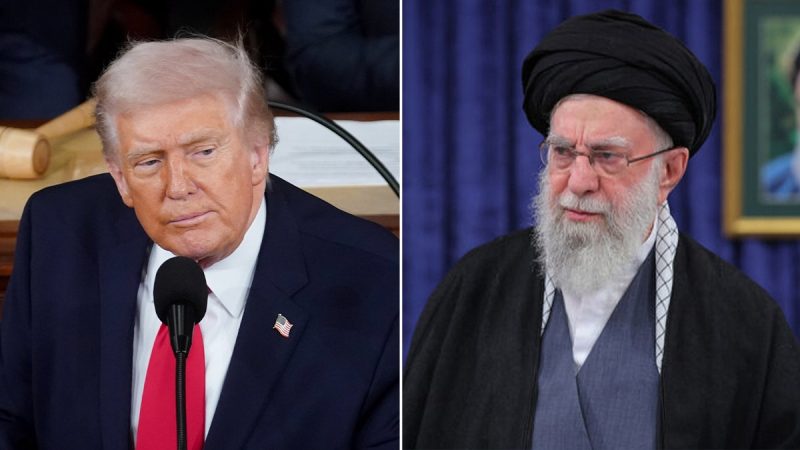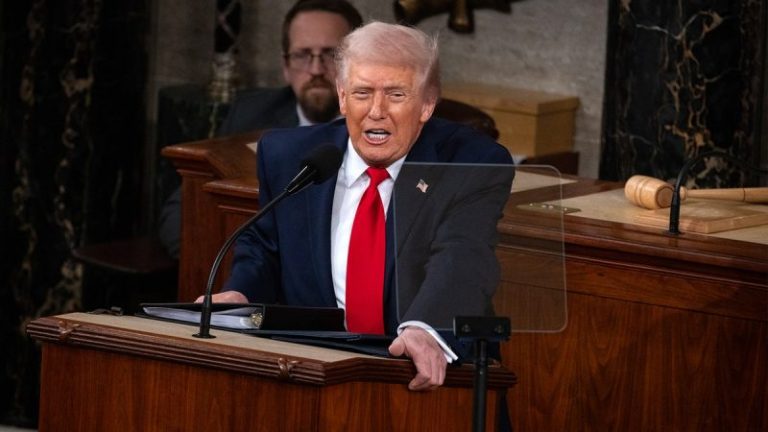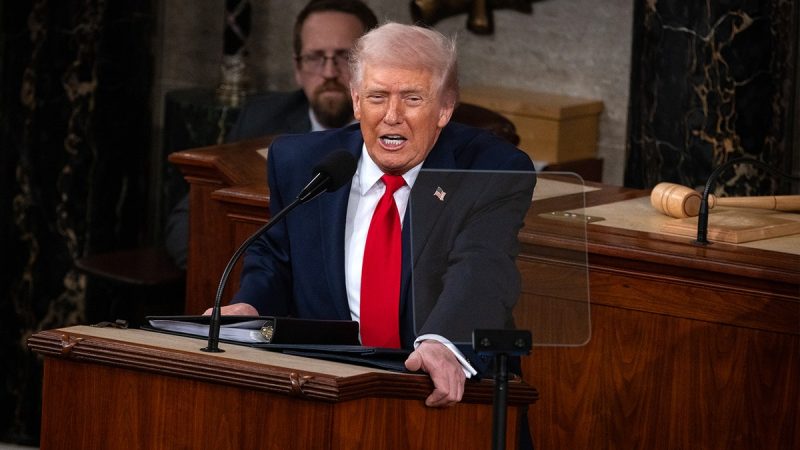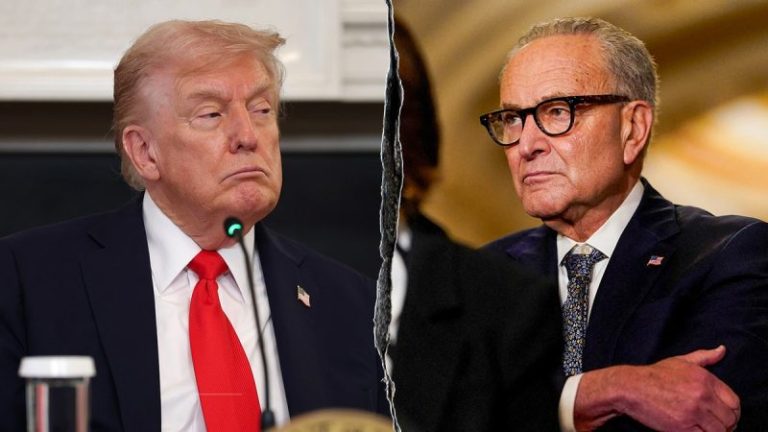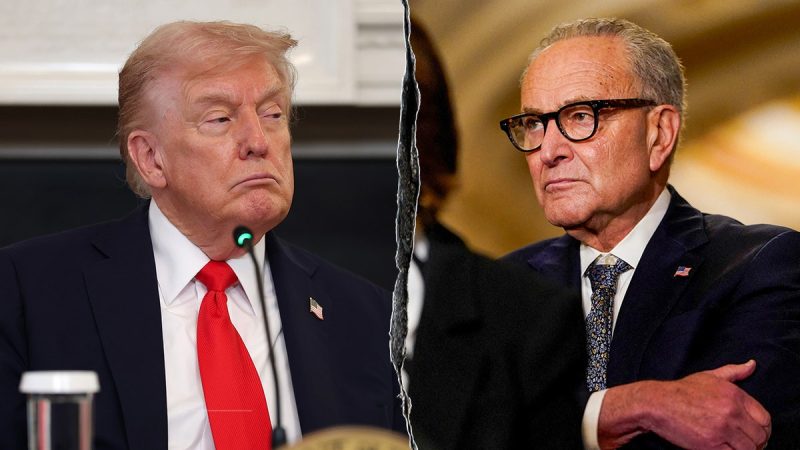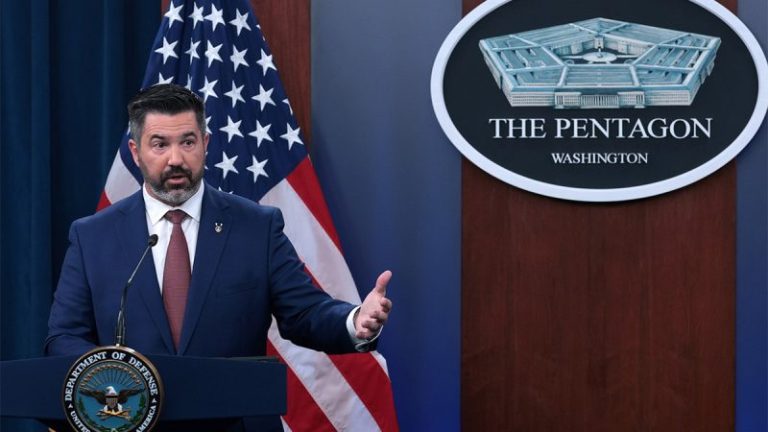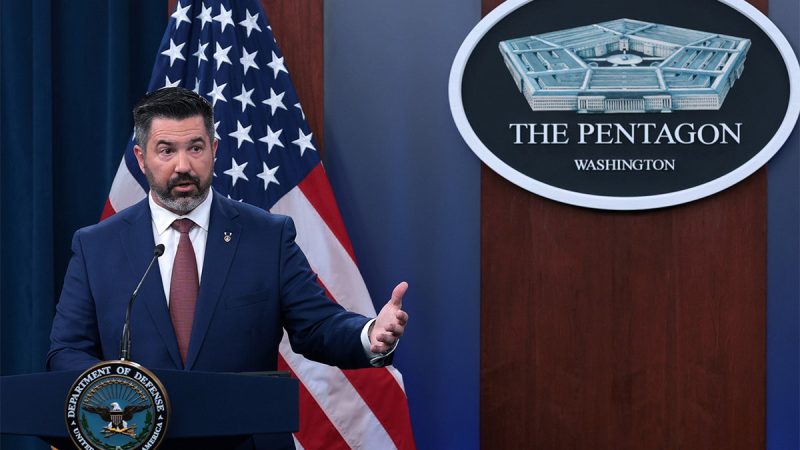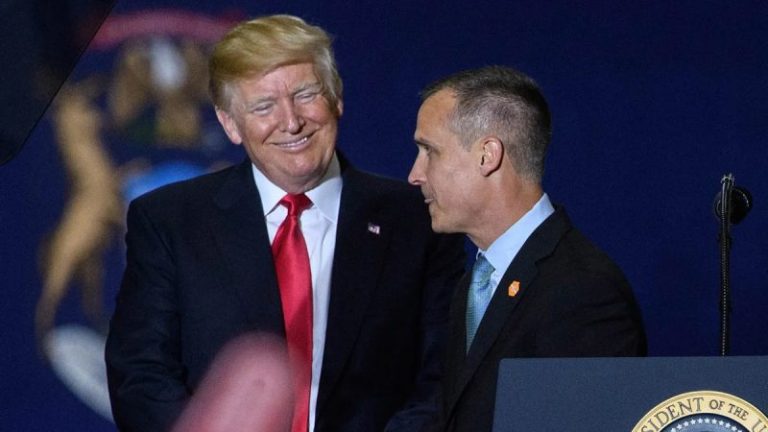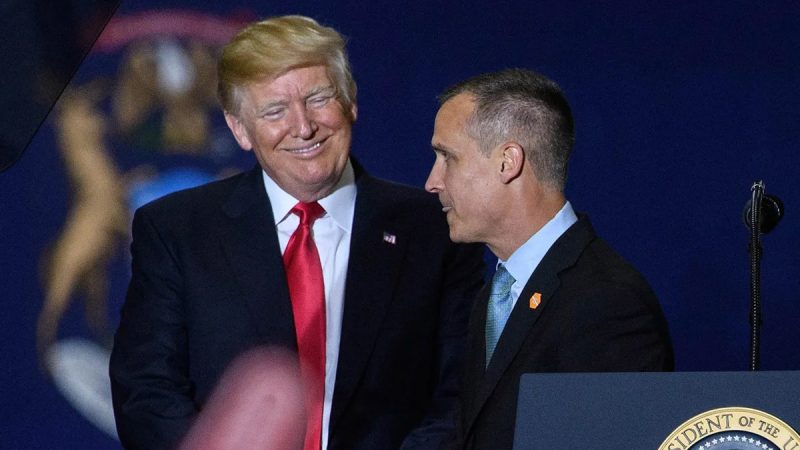
As U.S. and Israeli forces strike deep inside Iran — reportedly targeting senior regime officials including Supreme Leader Ayatollah Ali Khamenei and President Masoud Pezeshkian — the question of who would lead Iran if the Islamic Republic collapses is no longer theoretical.
Iran has retaliated with missile barrages against U.S. positions across the Middle East, and while Iranian state media says top leaders remain alive and have been moved to secure locations, the direct targeting of political and military leadership marks a dramatic escalation.
Yet despite the intensity of the moment, regional analysts say there is no obvious successor poised to take control of the country.
The real power center: security forces
Experts consistently point to one determining factor: whether Iran’s coercive institutions — particularly the Islamic Revolutionary Guard Corps (IRGC) — fracture or consolidate.
If the IRGC remains cohesive, the most likely outcome is not democratic transition but a harder, more openly security-dominated system. A clerical reshuffle or military-led consolidation could preserve much of the existing power structure even if key figures are removed.
If, however, segments of the IRGC or regular armed forces defect or splinter under pressure from war and internal unrest, a political opening could emerge.
At this stage, there is no confirmed evidence of widespread security defections.
Reza Pahlavi: visible but long in exile
One of the most prominent opposition figures abroad is Reza Pahlavi, son of Iran’s last shah. He has lived outside Iran since the 1979 revolution and has spent decades advocating for a secular, democratic system.
In a recent statement, Pahlavi called the U.S. strikes a ‘humanitarian intervention’ and urged Iran’s military and security forces to abandon the clerical regime. He declared that the Islamic Republic is ‘collapsing’ and called on Iranians to prepare to return to the streets at the appropriate time.
But while Pahlavi has name recognition and support among parts of the diaspora, his actual base of support inside Iran is difficult to measure. He has not lived in the country for more than four decades, and many Iranians remain divided over the legacy of the monarchy.
Analysts note that symbolic visibility — including chants heard during past protests — does not necessarily translate into the organizational infrastructure needed to govern a country of nearly 90 million people.
Maryam Rajavi and the NCRI: organized but controversial
Maryam Rajavi, leader of the National Council of Resistance of Iran (NCRI), has taken a different approach. Her organization announced a provisional government framework aimed at transferring sovereignty to the Iranian people and establishing a democratic republic based on her longstanding ten-point plan.
In a subsequent message, Rajavi called on ‘patriotic personnel in the armed forces’ to stand with the Iranian people and urged regime forces to ‘lay down their arms and surrender.’ She also rejected both clerical rule and what she described as ‘monarchical fascism,’ an apparent reference to restorationist movements linked to the former royal family.
The plan calls for dissolving the IRGC and other security institutions, separating religion from the state, abolishing the death penalty, guaranteeing gender equality and holding elections for a constituent assembly.
The NCRI presents itself as a ready governing alternative.
But the group — closely associated with the Mujahedin-e Khalq (MEK) — remains deeply controversial. Its history of armed struggle and years spent in exile have led many analysts to question the depth of its support inside Iran, particularly among younger generations.
While some Western political figures have expressed backing over the years, domestic legitimacy remains uncertain.
No clear heir apparent
Despite bold statements from opposition figures, experts caution that Iran’s future leadership is more likely to be shaped inside military barracks and security compounds than in exile press conferences.
Four decades of repression have hollowed out internal political alternatives. No widely recognized civilian leader inside Iran has emerged with cross-factional legitimacy.
If the regime’s leadership were to fall quickly, the immediate struggle would likely be among security elites — not between rival exile figures.
For now, analysts say, Iran has competing visions but no consensus successor. Whether the country transitions toward a new political system, hardens into military rule or experiences prolonged instability will depend less on declarations abroad and more on whether the regime’s core power structures fracture from within.











